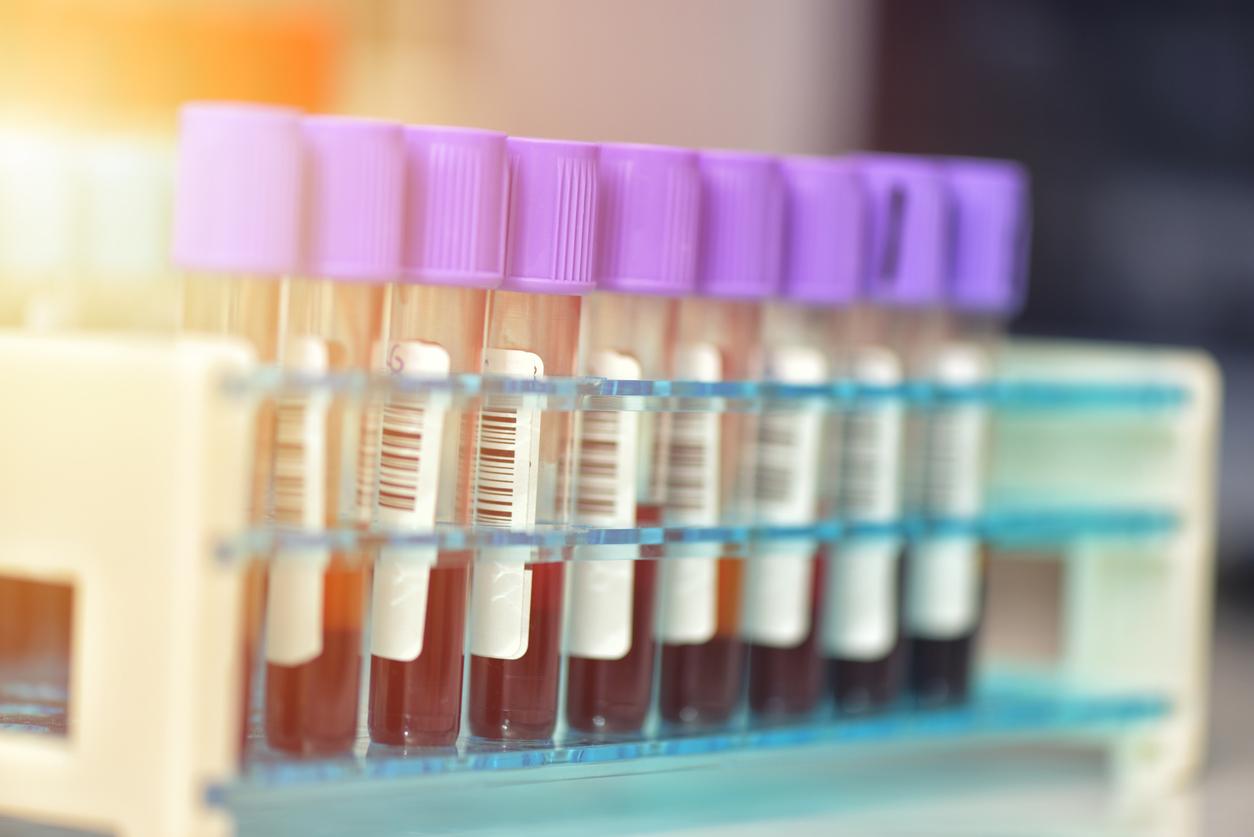Infant microbiome predicts risk of lung disease in adulthood, study finds study published in the medical journal Scientific Reports.
Contrary to the general belief that a child’s airways are sterile until after birth, researchers at the University of Alabama at Birmingham in the United States found that they were already colonized by bacteria and that , from the 24th week of gestation.
“While it was accepted that colonization originates in the birth canal, we were surprised to find that the respiratory tract microbiome of newborns, born vaginally or by caesarean could be similar. This suggests that microbial DNA in the airways is likely transmitted transplacentally, which also confirms the microbial richness of the placenta,” says Vivek Charitharth Lal, assistant professor in the Pediatric Division of Neonatology at the University of Alabama and lead author of this study.
Infant respiratory microbiome imbalance, a risk factor for respiratory disease
The researchers analyzed the airway microbiome of 23 preterm infants born with low birth weight and 10 control infants born at term. The tests were done at birth and 6 hours later. Scientists have found that “a microbial imbalance or dysbiosis is predictive, in young children, of the development of bronchopulmonary dysplasia, a chronic lung disease of prematurity. Indeed, the study showed that infants with very low birth weight and carrying abnormal patterns of microbial colonization at birth, have a very high risk of bronchopulmonary dysplasia (BPD) a serious disease threatening their life expectancy. .
If the results of this study are confirmed by larger studies and that observation of the microbiome of the infant’s nose determines the risks of lung diseases, new therapeutic voices could be put in place.
Read also:
Smoking alters the oral microbiome
These bacteria that wish us well
Intestinal flora: it would influence our mood and our culinary desires


















